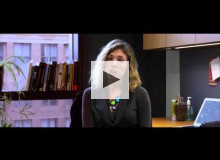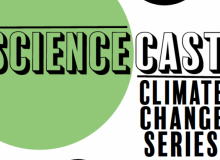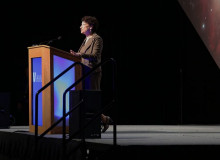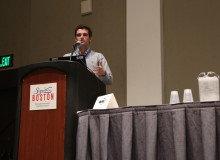climate change
George Washington University
Community Health Centers provide a unique opportunity to help vulnerable populations adapt to climate change.
MPH@GW, The George Washington University
Adaptation and preparedness for extreme weather and other adverse events related to climate change are more important now than ever — but are U.S. cities ready?
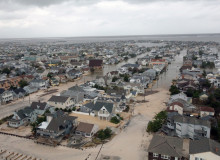
Storm surges during Hurricane Sandy. (Master Sgt. Mark Olsen/Flickr)
Rutgers University—New Brunswick
As coastal and inland communities alike grapple with the implications of costlier floods and a lack of flood-proof infrastructure, governments have increasingly turned to purchasing and vacating flood-prone properties.
Northeastern University
I interview a fellow NU student, Tavish Fenbert, working at CTARA, the Centre for Technology Alternatives for Rural Areas, a graduate program at the Indian Institute of Technology - Bombay, in Mumbai, India, in the following podcast.
The Dupont Circle Fountain is a lively D.C. attraction and the center of a popular WalkUP. (Creative Commons)
George Washington University
Whether you’ve narrowly avoided an aggressive driver, or have only experienced L.A.'s traffic jams through “La La Land’s” opening musical number, just hearing the words driving and city in the same sentence can drive you crazy.
University of Wisconsin - Madison
A four minute introduction to our six episode podcast series which talks with University of Wisconsin - Madison experts to explore climate change's effects on our world.
SUNY College of Environmental Science and Forestry
Through my story, I am sharing Earth's story.
Northwestern University
Harvard historian Naomi Oreskes urged hundreds of scientists to step beyond the objectivity of their data and embrace the riskier role as “sentinels” for scientific facts.
Northwestern University
Rising extremes of droughts, floods or food shortages can reduce a country’s political stability and cultural tolerance, warned scientists at the American Association for the Advancements of Science conference in Boston.


